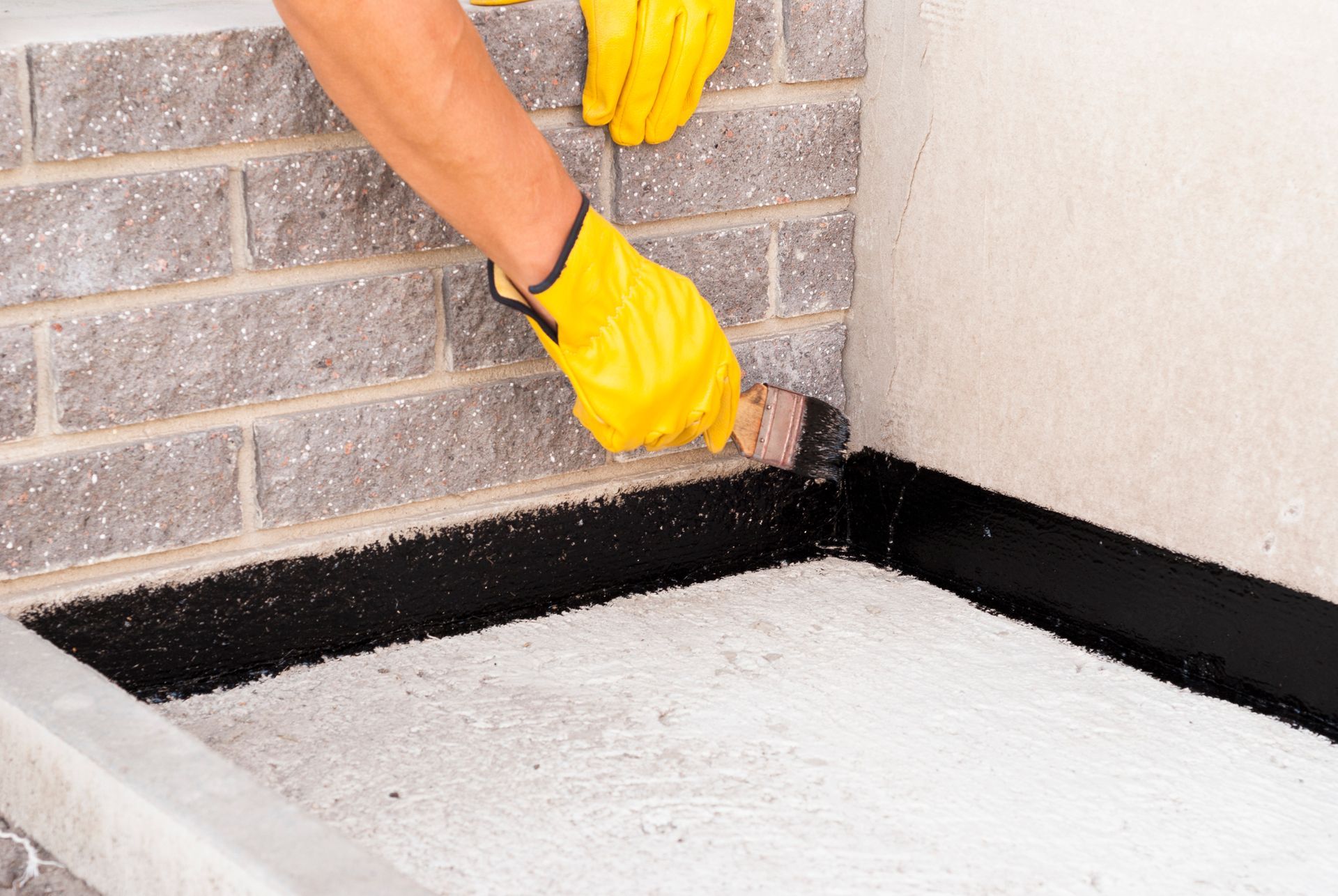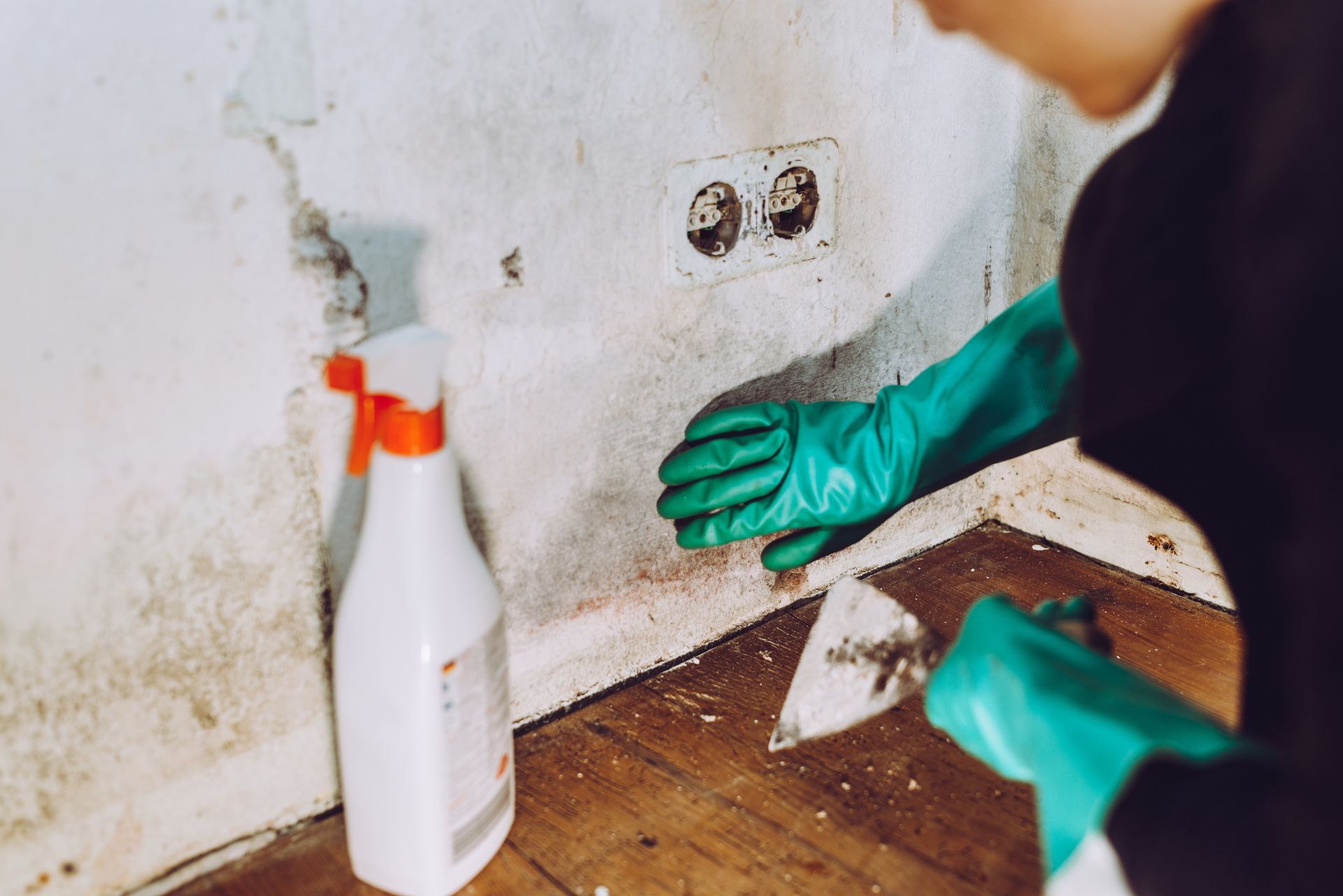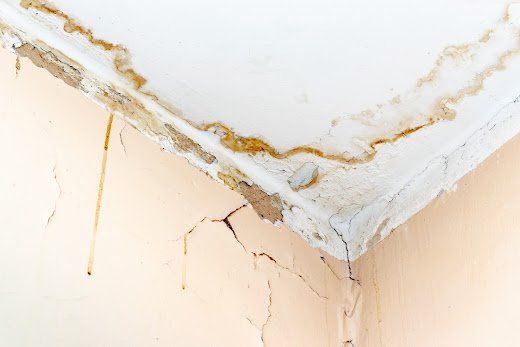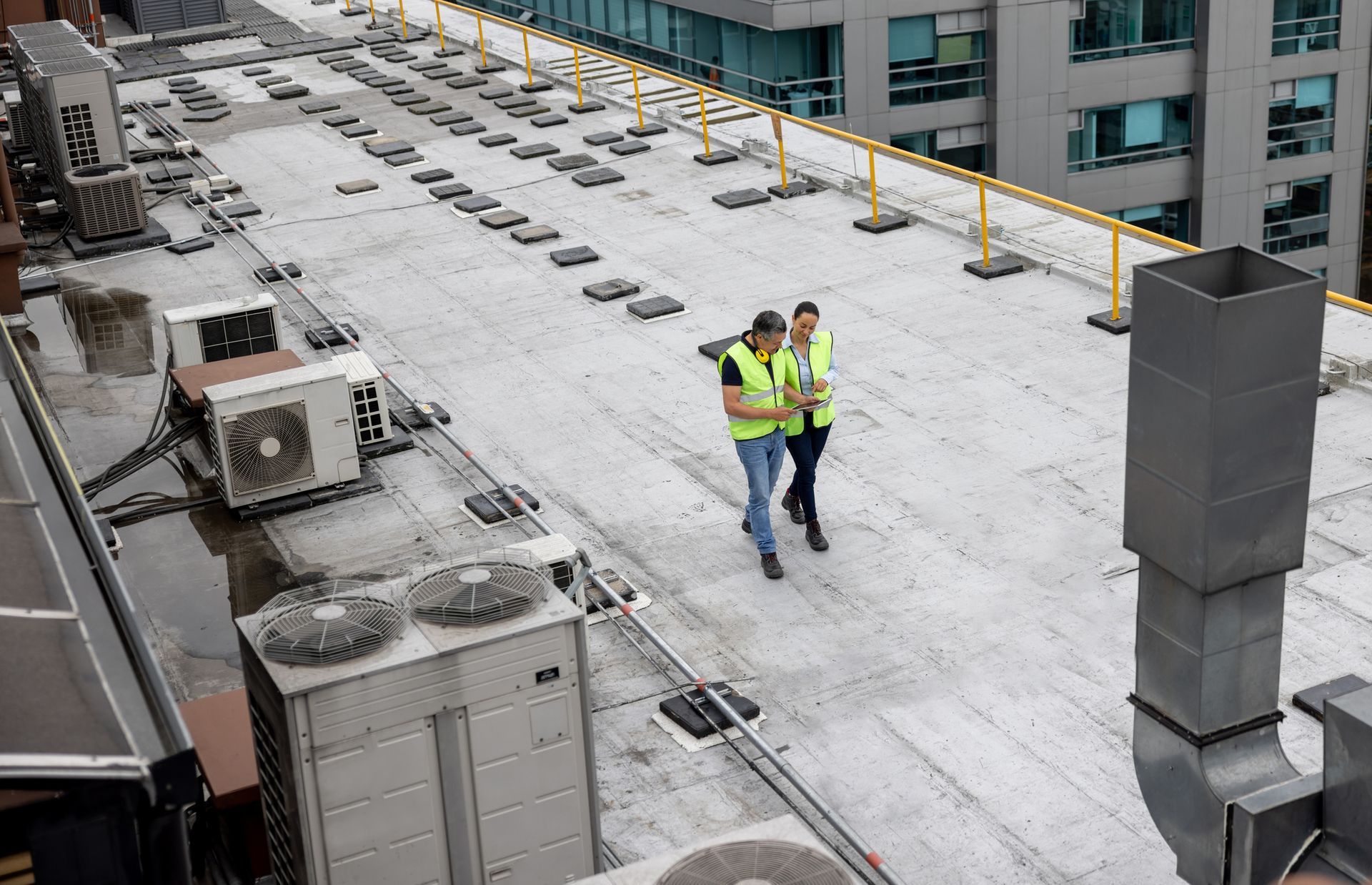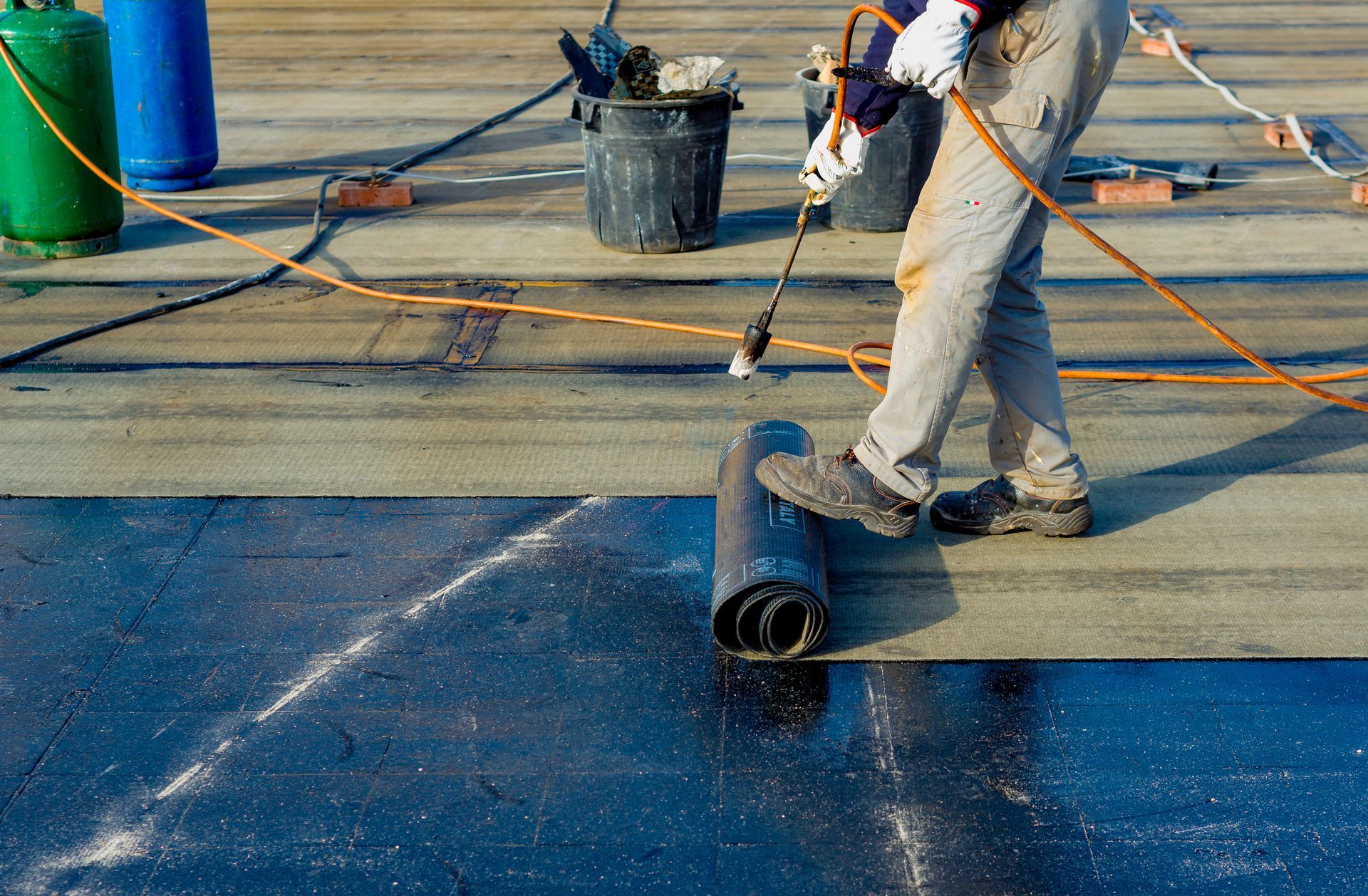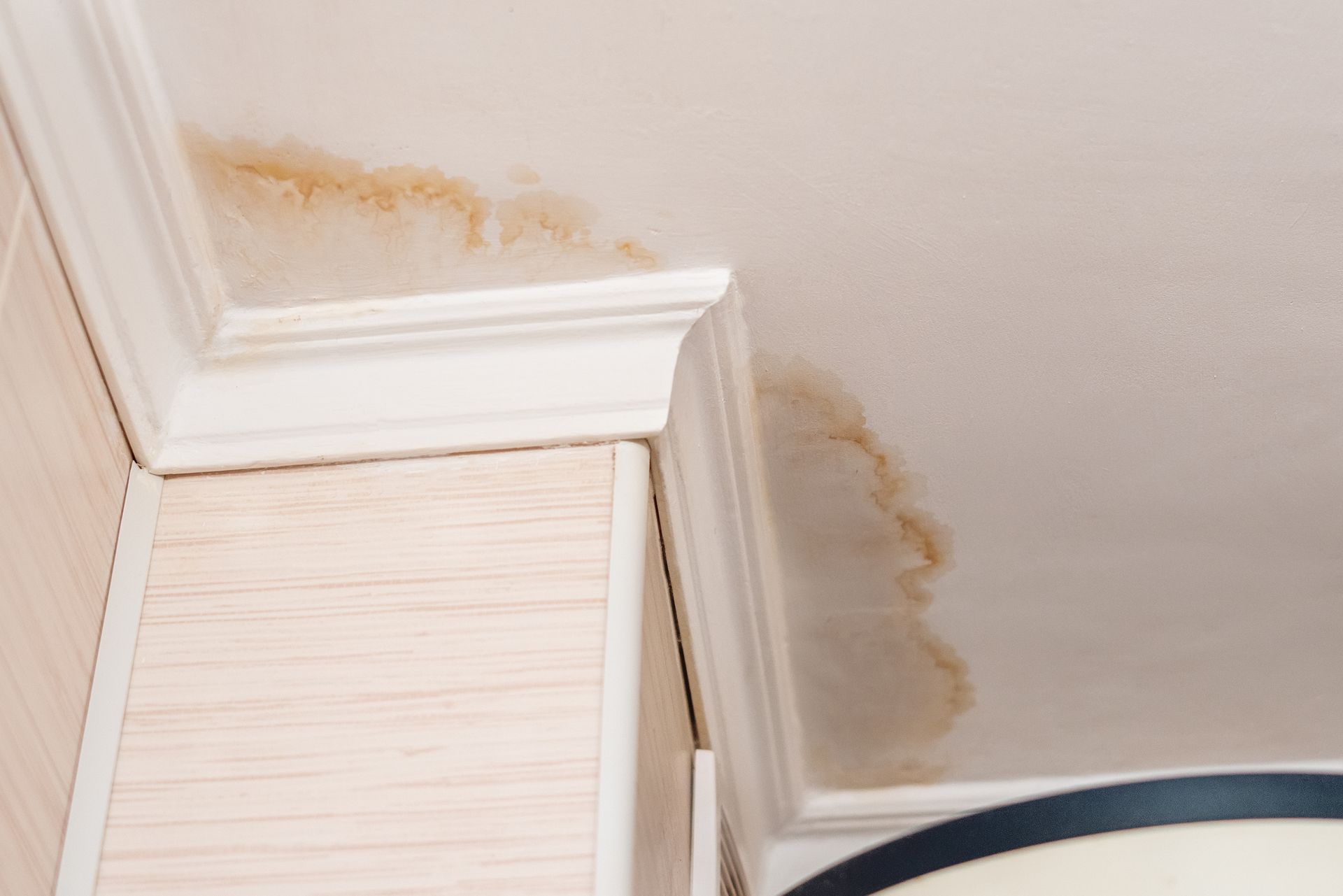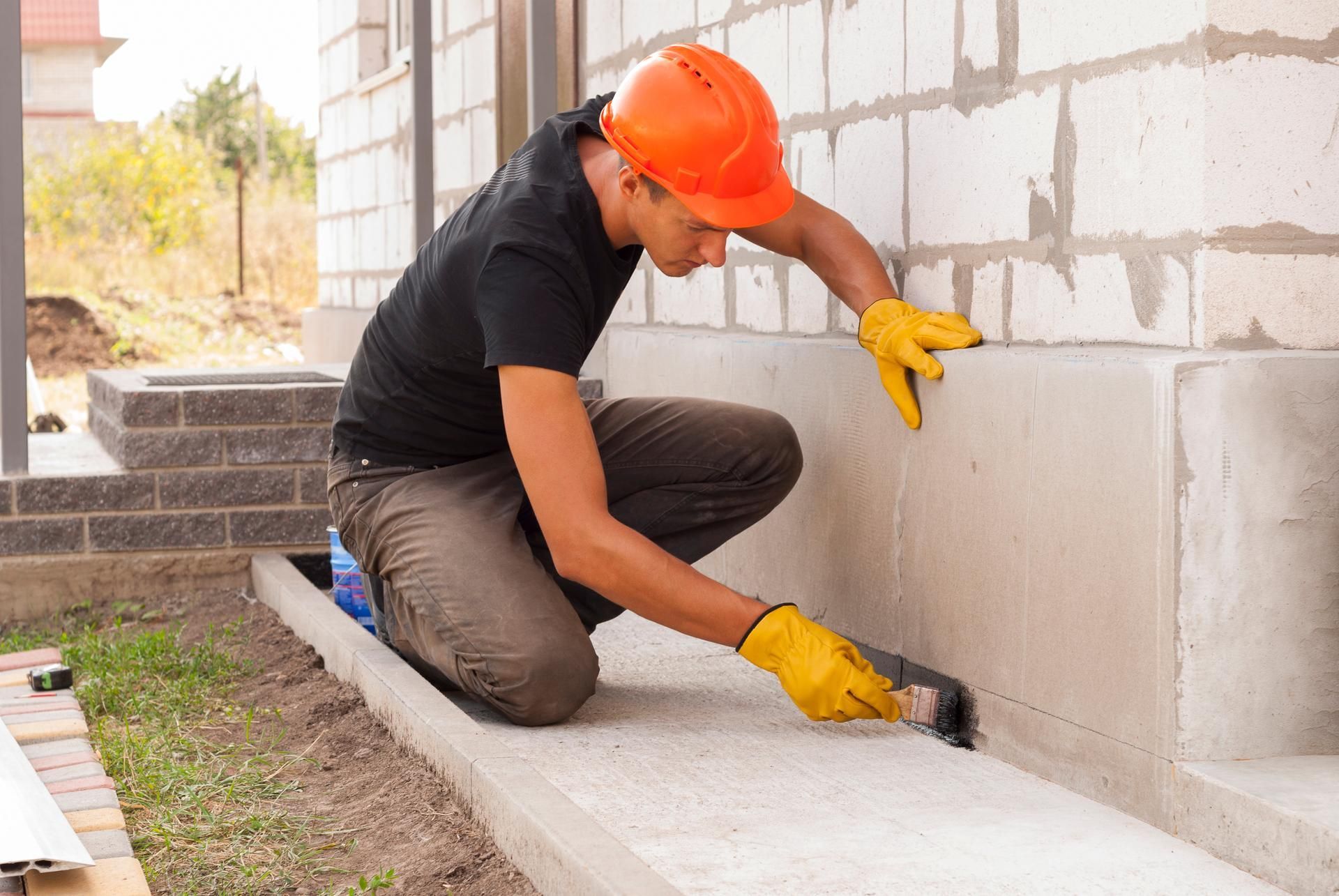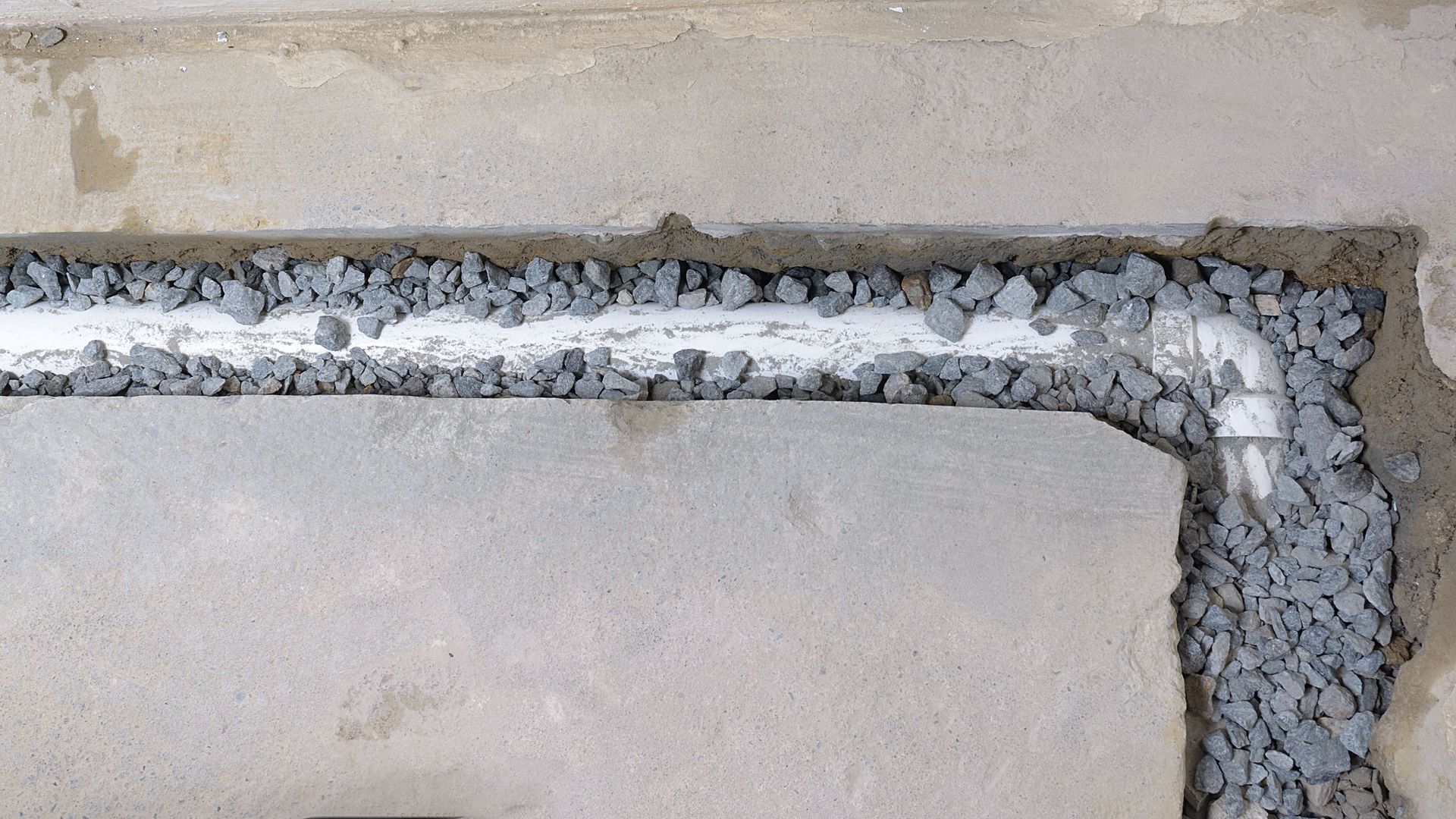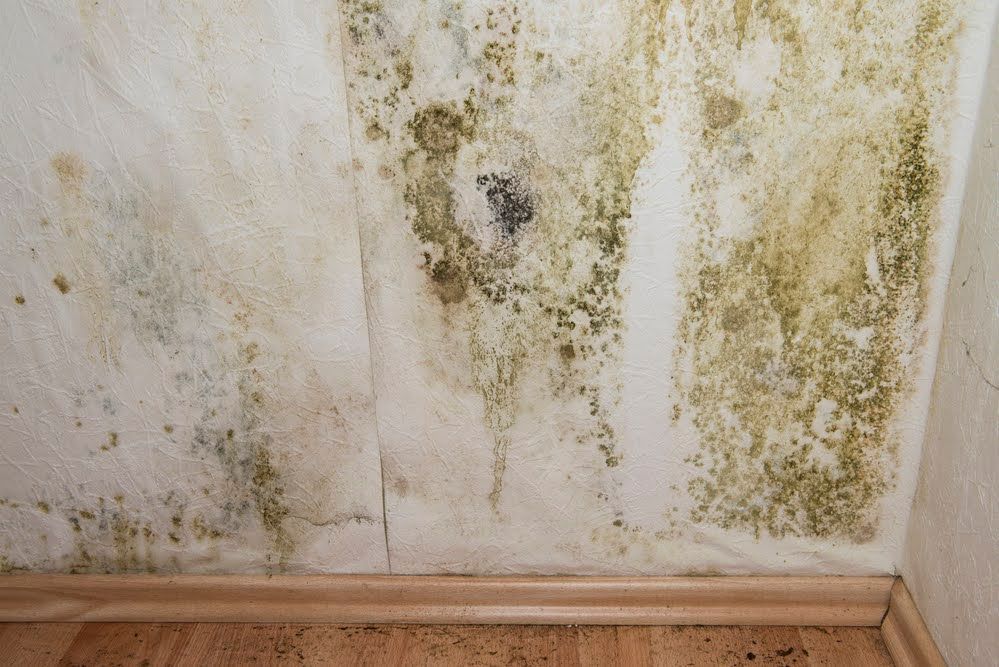Signs of Water Damage in Your Basement
websitebuilder • July 23, 2020

Basements are highly susceptible to water damage, especially if the drainage system is poor or the foundation has cracks. Water damage can also occur due to moisture from humidifiers, condensation, cooking activities, leaking pipes, or faulty home appliances.
Just like damages in other parts of your home, water damage in your basement can affect the integrity of the entire house. Therefore, you should learn how to identify early signs of water damage to prevent further structural issues. Below are signs of water damage in your basement.
Cracks
If you notice cracks in your basement foundation, walls, and floor, your basement may be experiencing water damage. Cracks often lead to water damage, but they can also be caused by it. Why do these cracks develop? Water exerts pressure on your structure, leading to the development of cracks.
While you should not be alarmed by hairline cracks, cracks more than one-sixteenth of an inch wide are a definite sign of severe damage, and thus you should get professional help.
Damage to Materials
Most people use their basement as a storage area for items such as construction materials, tools, and equipment. You need to inspect these materials regularly. When your basement has high levels of moisture, the materials will undoubtedly absorb water, which might cause them to deteriorate.
If your stored materials are affected, you should call professionals to inspect and fix your basement.
Mold Growth
Mold needs moisture and warmth to thrive, and thus mold growth is a sure sign that your basement has water damage. Mold mostly appears as a whitish, dark green, or black powder on moist surfaces.
If most of the items in your basement have a whitish coat, you have mold growth. Hire waterproofing experts immediately because mold can cause severe health complications.
Strange Smell
Basements may lack the pleasant smell found in your main house. But the stuffiness can be corrected if you open windows, dehumidify, and clean the basement regularly.
However, you should be alerted if your basement still has a strange smell even after trying out these measures. The musty smell is caused by the dampness of various materials or mold.
Paint Flakes
Paint on walls flakes and eventually peels off when the cement surface beneath it spalls due to the accumulation of water. Efflorescence on cement walls can also make your paint peel off when moisture flows through the pores in the concrete. The salts in the moisture lead to the formation of whitish mineralized salts on the walls, which weaken the paint.
The whitish coat caused by efflorescence is more extreme and conspicuous than that of mold growth.
Changes in Your Floor
Changes such as swelling or sinking should also alert you. Water infiltration may cause the floor to swell and bubble. Since some floors are more tolerant than others, the extent of the damage varies depending on the floor type. Despite the magnitude of damage, however, you should act fast to avoid further damages.
Besides swelling, water damage can cause the floor to sink. During winter, water will freeze in the soil underneath the floor and weaken the slab. Therefore, the slab will not be strong enough to hold the concrete in an upright state.
Similarly, when underground water runs below the concrete, it can wash off the subsurface and leave empty spaces that can make the floor to sink. If you notice such changes on your floor, your basement has water damage.
Stains
When water accumulates in your walls or floors, it might dry out and leave yellowish-brown stains. Therefore, if you spot such stains at different locations in your basement, you should call water damage experts.
Basement water damage affects many households and leads to serious structural issues. Fortunately, the specialists at Central Penn Waterproofing can solve these issues through waterproofing and repair services. If you have water damage in your basement, contact us
now.


